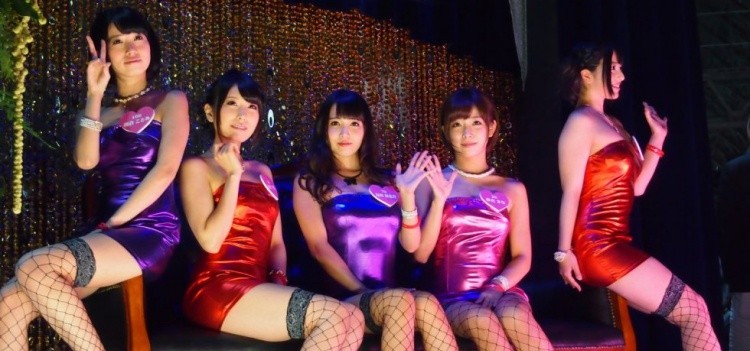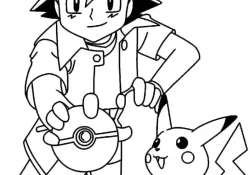⭐ All countries end up being victims of myths and stereotypes. In this article, we will refute 10 myths and stereotypes about Japan and its culture.
It is worth remembering the importance of researching a particular subject before putting an idea in your head. Unfortunately most of these myths and stereotypes are fueled by misinformation, confusion and fake news.
Myth 1 - Women are submissive
Sometimes Japanese movies give the wrong idea about women. Many believe that Japanese women are submissive and do whatever we want, like fetch a beer, rub our backs in the shower, or always be smiling.
This is an outdated view of geisha and receptionists, where they need to be submissive to customers. Of course, many women are humble and kind anywhere in the world, but in Japan there are a lot of stressed and stressed women who boss their husbands around. In fact, it is part of Japanese culture to woman take care of family money.

Myth 2 - Japan is weird
There is no way to disagree much with this myth, the definition of what is strange depends on the person. However, many believe that Japan is strange thanks to several Bizarre TV shows, some end up believing that all Japan is like that.
It's just that these bizarre videos that people watch are from comedy and humor shows, where the goal is to be bizarre. Japan is a millenary capitalist country, this makes Japan end up creating many different things that are unimaginable in our culture.

Myth 3 - Japan wears masks because of pollution
Japan wears masks for a variety of reasons, and pollution is not one of them! The Japanese wear a mask because of the flu, to avoid passing germs to other people.
Sometimes some people wear a mask at certain times because of kafunsho (pollen allergy). Masks are also used because it is considered rude to cough and sneeze in public.

The article is still halfway through, but we recommend also reading:
Myth 4 - The Japanese work too much
In Japan there are several cases of death from overwork. Japan is also reputed to work a lot of overtime, but that doesn't mean that all japanese work too much.
In reality the Japanese are getting more and more lazy. The number of overworked people in Japan is far lower than people realize.

Myth 5 - Everyone watches anime, cosplay everywhere
Even though ordinary people of all ages watch anime, Otaku are a minority in Japan. Anime in Japan is a simple TV show, in Japan there are people who have watched one or 2 anime in a long time, as there can be people who have never watched an anime in their life.
Cosplays are not as easily found as you might think. I passed a week in Akihabara and I didn't find any cosplay besides Maid and Idol.

Myth 6 - Japan is all tech
Japan uses its technology to make people's lives easier, but that doesn't mean the entire country is technological. There are no robots in every store, not everything there is automatic.
In fact, there are more rural areas without technology than there are touchscreens on the streets as some imagine. The Japanese don't care so much about technology, so much that they use flip phones open and close.

Myth 7 - The Japanese are very polite
There is an idea that all Japanese are polite, they live by bowing, smiling, and willing to do anything to please others. But, this is often a myth. In fact, this respect and politeness is often due to social construction and not their own will.
It is part of Japanese culture to respect others, in Japan you are either polite or you are labeled an idiot. In Japan you can find ignorant, uneducated people who curse and don't care about their neighbors.
If you are interested in seeing other generalizations people make or stereotypes read the articles below:






